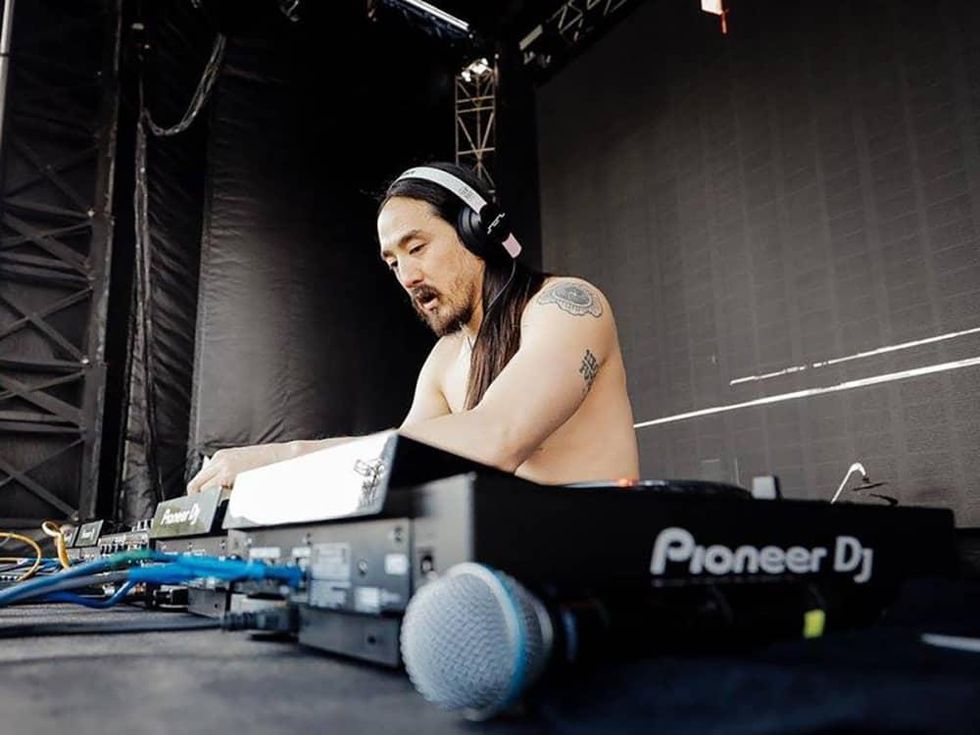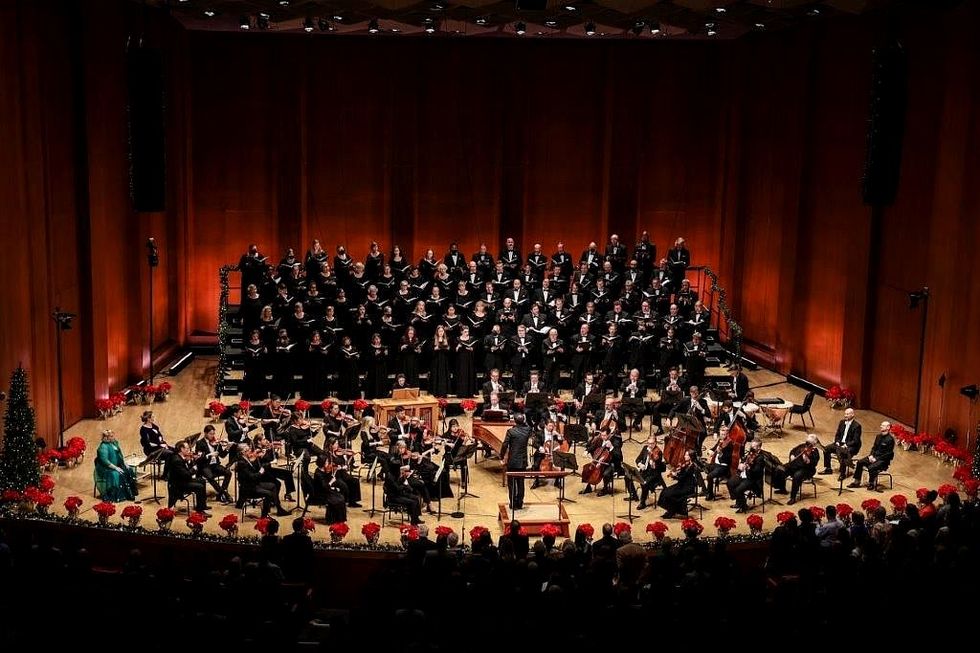The CultureMap Interview
Mao's Last Dancer director Bruce Beresford on a toilet-stopped Chinese raid,Tender Mercies & ornery actors
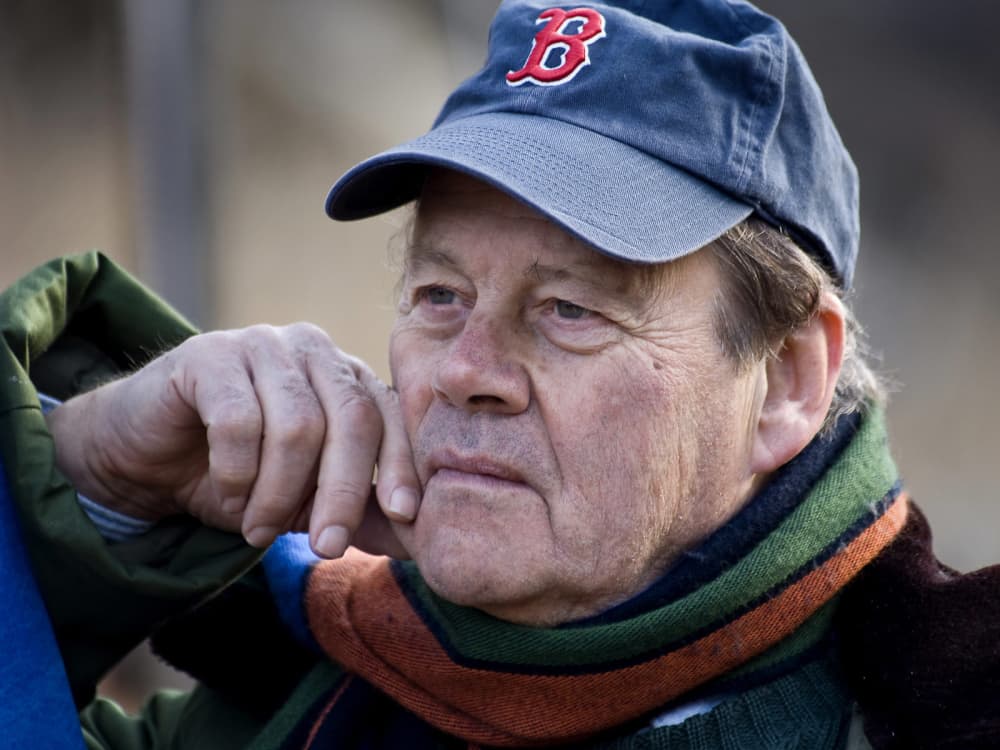 Bruce Beresford, director of "Mao's Last Dancer"
Bruce Beresford, director of "Mao's Last Dancer" The life story of Li Cunxin screamed for a movie.
The life story of Li Cunxin screamed for a movie.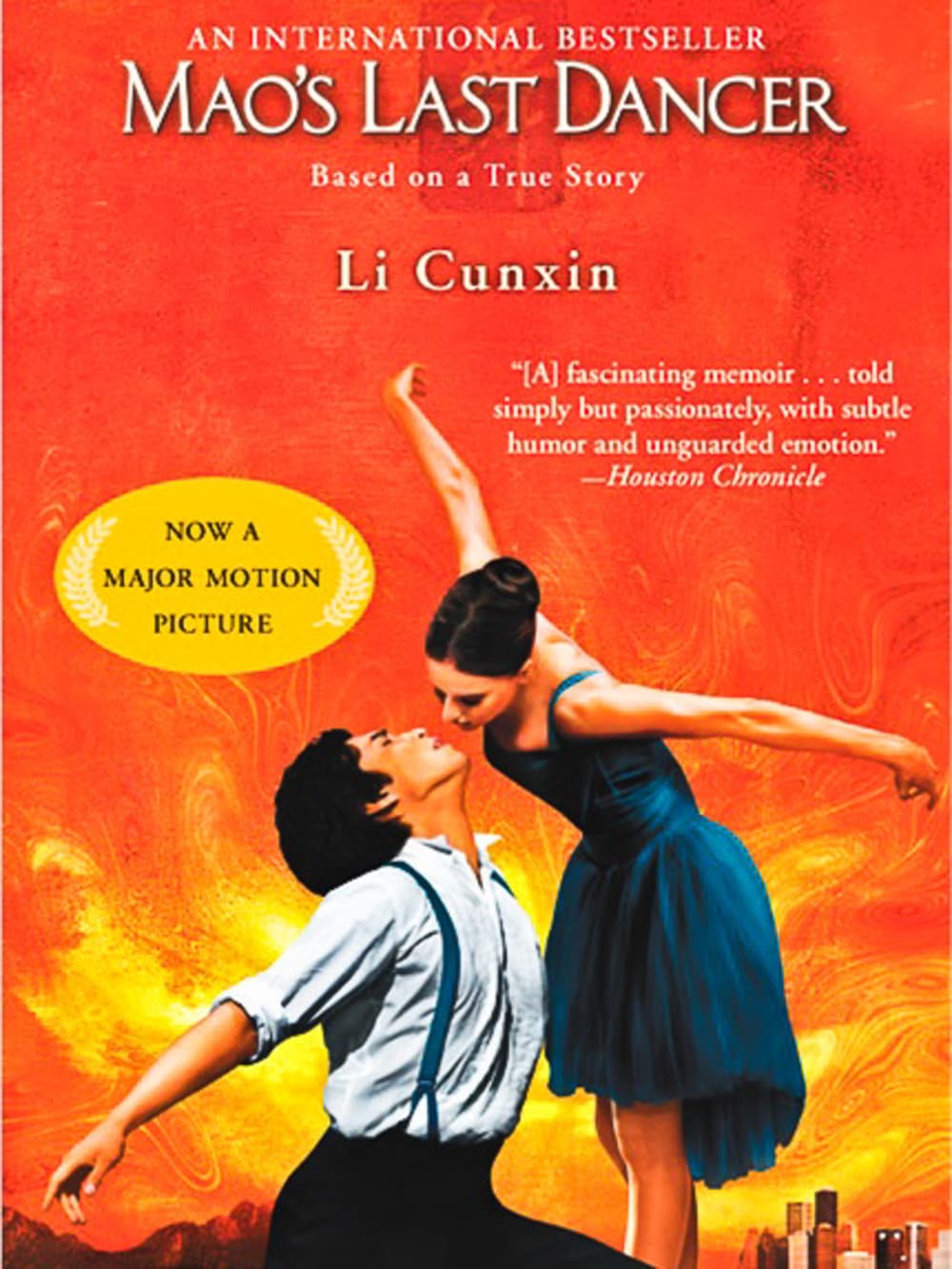 Berseford worried that he'd never be able to cast the lead in Mao's Last Dancer.
Berseford worried that he'd never be able to cast the lead in Mao's Last Dancer.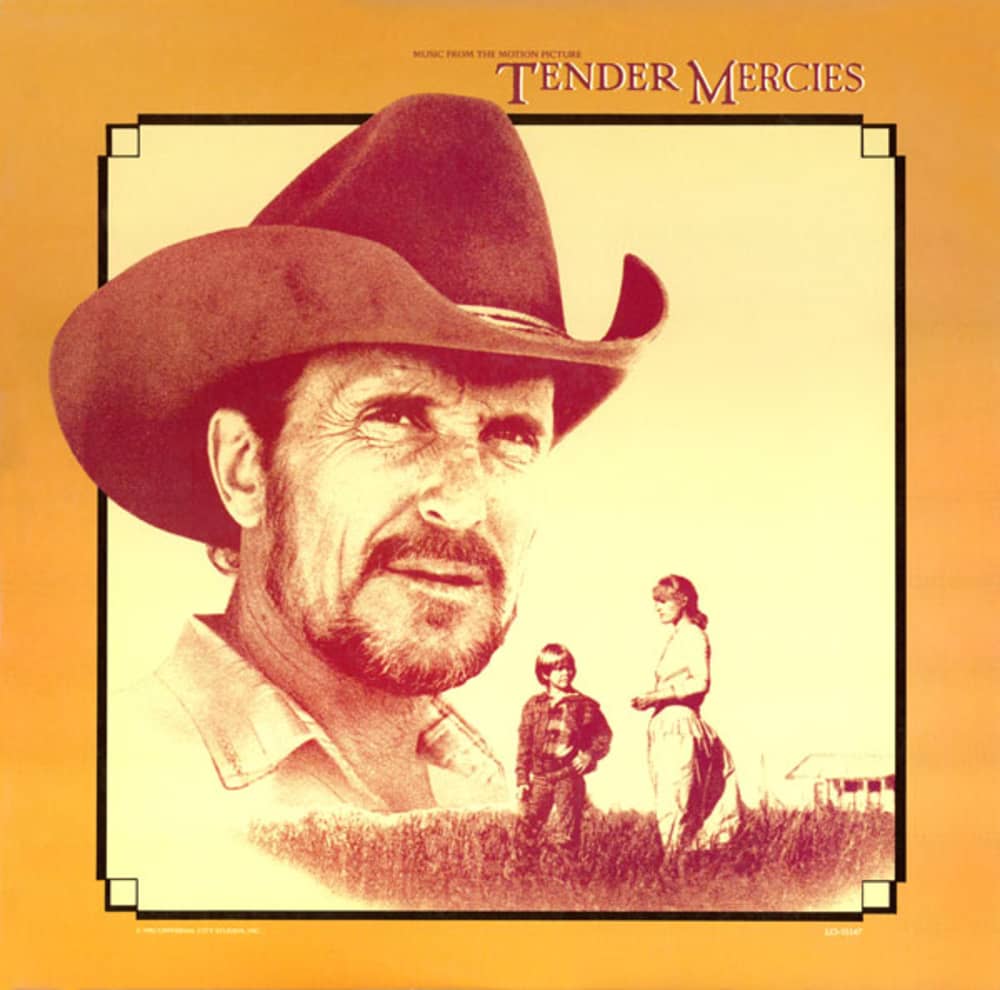 Berseford had prior filming in Texas experience from Tender Mercies.
Berseford had prior filming in Texas experience from Tender Mercies. Beresford and Robert Duvall clashed during the filming of Tender Mercies. ButDuvall walked away with an Oscar.
Beresford and Robert Duvall clashed during the filming of Tender Mercies. ButDuvall walked away with an Oscar.
During the dark era of the Cultural Revolution, when Mao Tse-Tung ruled China with a whim of iron, Li Cunxin grew up in a poverty-stricken rural backwater of the Shangong province. At age 11, he and a handful other promising youngsters, chosen by government bureaucrats from among literally millions of children, were carried off from their parents and trained at the prestigious Beijing Dance Academy.
Li learned his lessons well.
At 19, after careful screening to ensure both his dedication to dance and his loyalty to Mao, Li was cleared to visit America in 1981, to train as an exchange student with the Houston Ballet. There, too, he excelled. But the longer he stayed in Houston and the more he learned about America, the greater he appreciated artistic and personal freedom in a country far from his homeland.
Eventually, perhaps inevitably, he realized that, when the time came for him to return to China, he couldn’t. So he didn’t.
Li Cunxin’s life story is the sort of eventful and uplifting real-life drama that invariably proves irresistible for filmmakers. So when Australian-born director Bruce Beresford, whose credits include Breaker Morant, Tender Mercies and the Oscar-winning Driving Miss Daisy, was offered the opportunity to bring Li’s story to the screen — well, he didn’t resist at all.
Rather, Beresford simply questioned whether he ever could cast the lead role in Mao’s Last Dancer, the biopic adapted from Li’s best-selling autobiography by Oscar-nominated screenwriter Jan Sardi (Shine, The Notebook).
“I really couldn’t resist it,” Beresford said by telephone from New York, where he’s currently directing Jane Fonda, Catherine Keener and newcomer Elizabeth Olsen in the multi-generational dramedy Peace, Love & Misunderstanding. “A fantastic one, really. I mean, you couldn’t make it up — it had to be true.
“In fact, I’d already read the autobiography. But I’d initially dismissed the idea of doing a film of it, because I never thought we’d find anyone to play the lead role. You’d have to get a young Chinese man who could act and was a great dancer. I thought that would probably be impossible.
“There’s not that many Chinese — especially male Chinese — ballet dancers. But then (producer) Jane Scott came to me, and said, ‘I want you to do it. And I’m sure we’ll find someone.’ She actually didn’t have any idea where this person could be. But she said: ‘There must be someone in the world. We’ll find him.’ And we did.”
But not, Beresford added, before conducting an extensive international search.
“I think we saw all the male Chinese ballet dancers that there were,' he said. "And there aren’t many. We saw two in Hong Kong, a couple of good-looking guys, but they didn’t really speak English. Or their English was kind of rudimentary. And then we were back in Australia, wondering what we were going to do next, when we heard about Chi Cao, who was dancing with the Birmingham Royal Ballet. So we went to England and met him. And right away, we knew we’d found our Li Cunxin”
Now in its third week of North American theatrical release, Mao’s Last Dancer also features Bruce Greenwood (the JFK of Thirteen Days) as Houston Ballet artistic director Ben Stevenson, who invited Li to America as an exchange student, and Kyle MacLachlan (Blue Velvet, Twin Peaks) as Houston attorney Charles Foster, who came to Li’s aid when the dancer was virtually held prisoner inside Houston’s Chinese Embassy. The movie was shot in Australia (where Li Cunxin has lived since 1995), Houston (where Beresford, a lifelong opera aficionado, directed the 2000 Houston Grand Opera world premiere of Carlisle Floyd’s Cold Sassy Tree ) — and, after delicate negotiations with government authorities, China.
“They were a bit strange,” Beresford said, sounding very much like a man trying his hand at diplomatic understatement. “When we got there, they were quite hostile. They told us we had to change things in the script. And they didn’t want Madame Mao in it. They didn’t even want any references to Chairman Mao. And they wanted an ending where we’d show how China has changed from the dictatorial days of Mao.
“But we couldn’t do any of those things. In fact, we never changed the script at all. We just said, ‘Well, look, we’ll think about it.’ And we did. But we didn’t change anything. We just blasted ahead. I did worry that they might show up on the set one day and try to stop us, or chuck us out of the country. But, in fact, nothing happened.”
Nothing at all?
“Well, I believe they raided the production office one day. I wasn’t there — I was out filming. But the producer told me that they’d got all of the girls to get their computers and go into the toilets — and stay there. And the Chinese soldiers wouldn’t go in — they were too courteous.
“So the girls stayed in the toilet, holding the computers, until the soldiers left.”
Nothing nearly so melodramatic occurred during a brief period of on-location shooting in Houston. Indeed, the entire H-Town shoot was positively placid compared to Beresford’s experiences while filming Tender Mercies in Waxahachie back in the early 1980s.
At the time, Beresford was among the most prominent of the filmmakers from Down Under who had made their mark as part of the Australian New Wave. Much like countrymen Peter Weir (The Last Wave, Witness), Philip Noyce (Newsfront, Salt) and George Miller (Mad Max, The Witches of Eastwick), he heeded the call to direct movies in America. But when he signed on to direct Tender Mercies, Horton Foote’s subtly powerful drama of a down-and-out country music star who gets a shot at redemption, he had little idea he would be in for a battle of wills with lead player Robert Duvall.
“Yeah, we did clash a few times,” Beresford recalled. “There were some funny things, like … Well, I pre-plan the films, I kind of work out the shots with storyboards. And he felt it should have a more improvised quality to it. And I said, ‘Hey, I am improvising it. But I’m improvising with little drawings and thinking about it. If I just walked onto the set and said, “Oh, let’s see, we’ll put the camera here,” we’d end up with the same thing. What does it matter what my technique is?’
“At first, he found it difficult to work with someone who pre-planned it as much as I did. But he kind of settled down after a while.”
Better still, Robert Duvall earned an Academy Award — as did screenwriter Horton Foote — and the movie itself came to be accepted and embraced as a classic. Eventually.
“I was very surprised how things turned out for Tender Mercies,” Beresford said. “Because when we had some previews, the ratings we got on the cards turned in by the audience were absolutely ghastly. The worst of any film I’ve ever made.
“But we never changed it. I went back to the studio, and I said, ‘Look, I don’t think there’s anything I can do to it. I mean, it is what it is.’ So we never fiddled with it. And then when it came out, it got all these great reviews. And people still love it. I can’t account for it.
“I don’t know why those preview cards were so dreadful, and yet the film was so popular.”
A quick look at Mao's Last Dancer:

